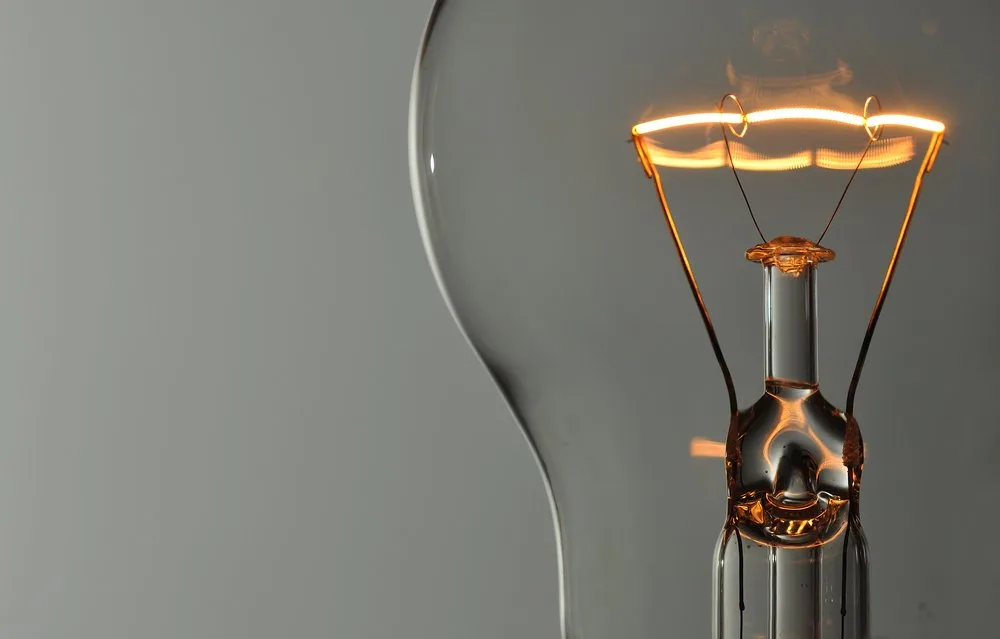The commercial distribution of electricity began in 1882 when electricity was needed for electric lighting. Growing economic and safety concerns contributed to industrial regulation in the 1880s and 1890s. It’s funny that something vital to our everyday lives was not even a common occurrence less than 150 years ago. Longevity Live Paid Content.
The rapid development of technology has led to a symbiotic relationship developing with the advances in ways we generate, store and distribute electricity as it was needed to power new inventions. In our current day and age, transportation, health care, how we communicate and even how we make a living have had some aspects made more efficient or reliant on electricity and the devices it helps power. It makes one wonder what would happen if we lost everything related to electricity.
How the Lost of Electricity Would Affect Our Daily Lives
The loss of energy would have far-reaching consequences for our planet. It’s vital to remember that the length of the power outage will determine the severity of these consequences. Contingency planning and backup systems can handle short-term interruptions, but long-term or widespread outages might have far-reaching repercussions. Here are a few examples of how our lives will be affected:
Everyday Essentials
In the UK, electricity is woven into everyone’s daily life. Cooking, heating, and cooling dwellings and lighting would all be disrupted by a lack of power. People would have to find alternate heat sources. This includes fireplaces and wood-burning stoves, which may not be accessible or viable for everyone. Living without electricity would need considerable modifications to adapt to a more fundamental and challenging way of living.
However, humanity will adapt. For example, today, we seek energy deals from various sources, such as Business Energy Comparison. The same thing would still be happening in our non-electrical world, just with different resources such as wood to burn in stoves and fireplaces.
Healthcare
Hospitals and healthcare institutions in the UK rely significantly on energy to power crucial medical equipment, provide lighting, and keep life-saving systems running. Without electricity, hospitals could not provide medical treatment, perform operations, or treat patients in intensive care units. This would be extremely dangerous to public health and safety.
Food and Water Supply
Electricity is critical to the UK’s food production, processing, and distribution systems. Electricity outages could impact refrigeration, making it harder to maintain perishable commodities. Supermarkets could experience difficulties replenishing food supply, perhaps resulting in shortages and panic buying. Furthermore, water treatment plants rely on energy, and a lack of power would make it challenging to deliver clean water to people.
Security and Public Safety
Without power, security systems in the UK, such as surveillance cameras, alarms, and electronic access controls, would be ineffectual. As a result, houses, companies, and public areas would be subject to theft, vandalism, and other criminal activity. Responding to events would be extremely difficult for emergency services such as police, fire departments, and paramedics, potentially risking lives and public safety.
Transportation
Without energy, electric transport systems in the UK, such as electric automobiles and trains, would come to a standstill. Public transit, including electric buses and trams, would be stopped. This would make it incredibly difficult for individuals to travel inside and between cities, creating considerable disruptions in commuting, travel arrangements, and the flow of commodities.
Communication
Electricity outages could hamper communication networks in the UK. Landline phones, mobile networks, and the internet would stop working without energy. People could not make phone conversations, text messages, or use internet services like email or social networking. This would significantly impact personal communication with family and friends, corporate communication, and access to critical information.
Economy
A lack of energy would have a significant impact on the UK economy. Businesses in various industries, including manufacturing, retail, and services, could only function occasionally. This would result in financial losses, job losses, and a drop in economic activity. The repercussions would be felt across the supply chain and might have long-term ramifications for the economy as a whole.
Social Disruption
The unexpected loss of electricity in the UK might cause societal turmoil. People rely significantly on electricity for everyday requirements, and a sudden outage might cause disruption, uncertainty, and even fear. Critical services, including food, water, and healthcare, will be severely affected. Many organizations are starting to take note of alternative sources to generate electricity such as hydroelectricity as a clean and renewable energy source. This would eventually lead to social unrest and public unhappiness.
Conclusion
The loss of electricity would have far-reaching effects on people in the United Kingdom and worldwide. It’s critical to recognize the significance of electricity in contemporary life and how it facilitates the operation of various systems and services. Adequate planning and preparation, such as backup power systems and contingency plans, like the ones suggested by sites like these, can assist in lessening the effects of a lengthy power outage. Investing in robust infrastructure, diversifying energy sources, and encouraging energy efficiency may all help reduce risks.





![women [longevity live]](https://longevitylive.com/wp-content/uploads/2020/01/photo-of-women-walking-down-the-street-1116984-100x100.jpg)









